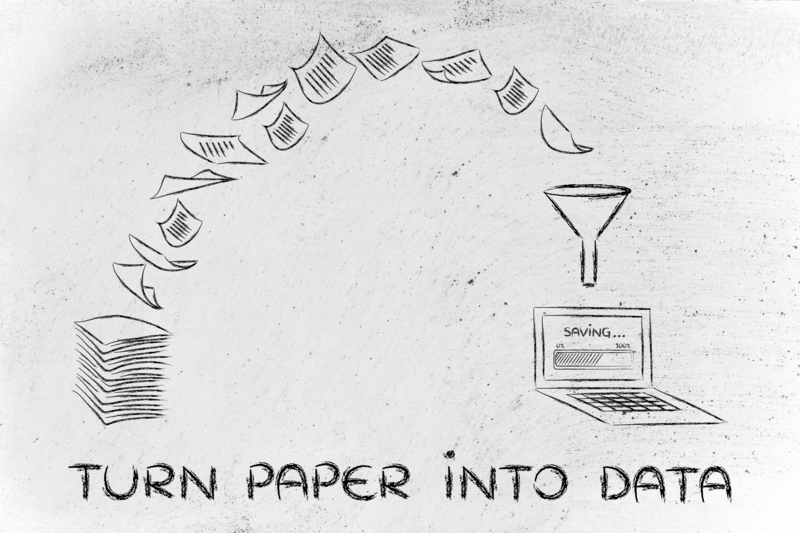Advancing Ecological Initiatives Through E-Waste Recycling
In an era where technology is constantly evolving, the issue of electronic waste, or e-waste, has become increasingly significant. With each new gadget, we are drawn closer to the need for sustainable solutions. This article explores how e-waste recycling can advance ecological initiatives and contribute to a cleaner, healthier planet.
Understanding the E-Waste Problem
E-waste refers to discarded electronic products like computers, televisions, mobiles, and various household appliances. The rapid pace of technology innovations and the consequent obsolescence have led to a surge in e-waste generation, creating mounting ecological and health challenges.
The Scale of E-Waste
- According to the Global E-Waste Monitor, approximately 53.6 million metric tons of e-waste were generated worldwide in 2019.
- Less than 20% of this waste is formally recycled, leaving a massive chunk in landfills or processed informally under hazardous conditions.
The accumulation of e-waste contributes to soil pollution, water contamination, and air quality degradation. Thus, advancing ecological initiatives through effective e-waste management is pivotal to safeguarding our environment.

The Role of E-Waste Recycling in Ecological Initiatives
Successful e-waste recycling plays a crucial role in advancing ecological strategies. By processing discarded electronics, harmful substances can be responsibly managed and precious resources preserved, supporting sustainability and economic growth.
Benefits of E-Waste Recycling
- Resource Recovery: E-waste contains precious resources like gold, silver, palladium, and other critical raw materials. Recycling conserves these valuable materials, reducing the need for resource extraction.
- Energy Savings: Recycling metals from e-waste requires significantly less energy than mining new ones. This not only conserves energy but also mitigates the carbon footprint associated with production.
- Pollution Reduction: Proper e-waste disposal prevents hazardous substances like lead, mercury, and cadmium from leaching into the environment, reducing pollution and health risks.
Through effective recycling, e-waste can be transformed from a burden into a valuable stream of resources, supporting ecological advancements and sustainable development.
Challenges in E-Waste Recycling
Despite the significant benefits, several challenges hinder the advancement of e-waste recycling initiatives:
Collection and Awareness
Effective recycling begins with proper collection processes. Unfortunately, many people are unaware of or indifferent to e-waste recycling options. This lack of awareness contributes to improper disposal habits and missed recycling opportunities.
Economic and Regulatory Barriers
- Financial constraints often limit the capacity of recycling operations. The initial cost involved in establishing recycling facilities can be prohibitive.
- Inconsistent regulations and policies among regions create challenges in streamlining e-waste recycling procedures.
Addressing these challenges requires a multi-pronged approach involving government, industry stakeholders, and consumers.

Strategies to Enhance E-Waste Recycling for Ecological Advancement
To overcome the challenges and advance ecological initiatives through e-waste recycling, comprehensive strategies are needed:
Public Awareness and Education
Educational campaigns play a crucial role in informing the public about the importance of e-waste recycling. By raising awareness and fostering a culture of responsibility, these campaigns can increase participation and enhance recycling rates.
Policy and Regulation
Governments need to develop and implement robust policies to encourage recycling initiatives. This includes regulatory frameworks to standardize processes and incentivize businesses to adopt sustainable practices.
Technological Innovations
Leveraging technological advancements can improve the efficiency of e-waste processing. Innovations in recycling technologies can facilitate better separation of materials, ensuring more comprehensive recovery of valuable resources.
Collaboration and Partnerships
Building strong partnerships between governments, NGOs, and the private sector can lead to more effective recycling strategies. Collaborative efforts can optimize resource use, share expertise, and expand the reach and impact of recycling initiatives.
Conclusion
The need for advancing ecological initiatives through e-waste recycling is imperative in today's environmentally conscious world. By addressing current challenges and implementing strategic solutions, we can transform e-waste from a pressing issue into an opportunity for sustainable growth and ecological resilience.
As technology continues to evolve, so too must our approaches to managing its waste. Through concerted efforts, we can ensure a future where technological progress and ecological preservation go hand in hand, contributing to a healthier planet for generations to come.